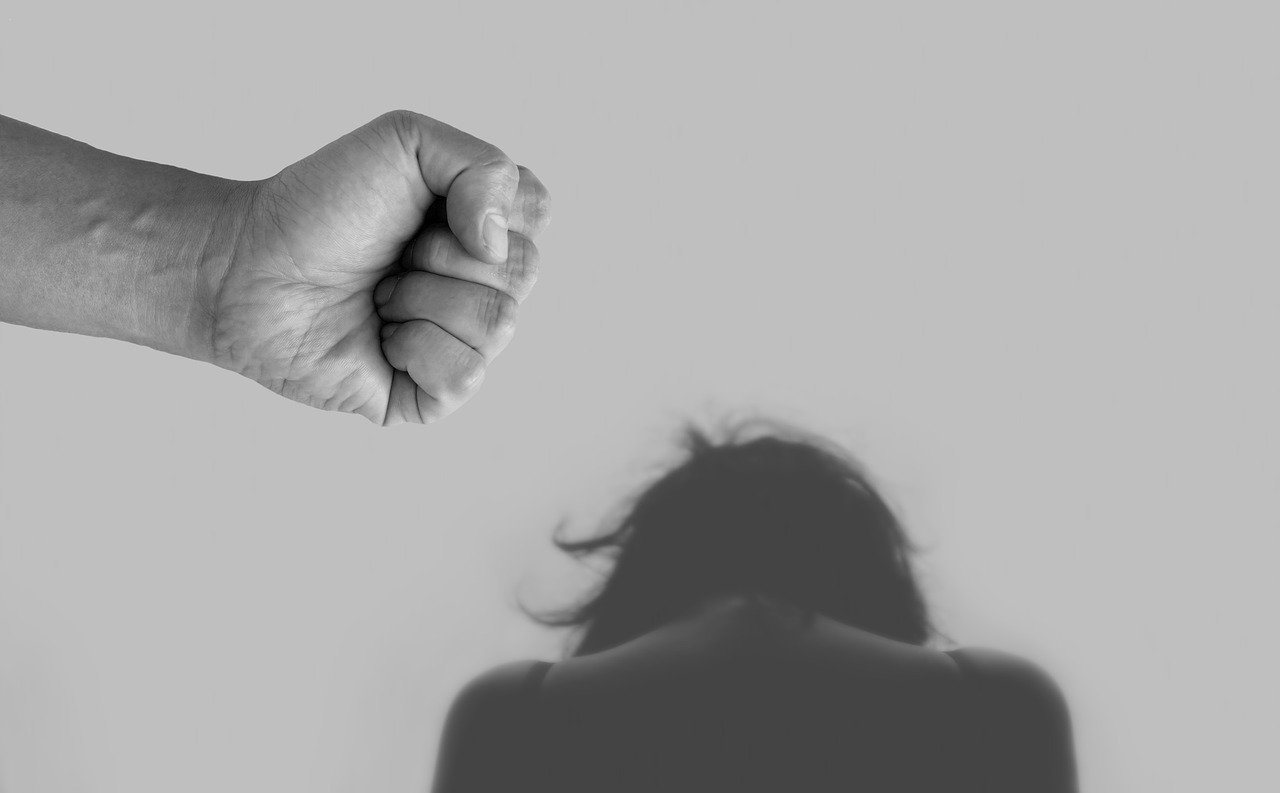One of the harshest truths about this period of total lockdown is the fact that contrary to what we would like to believe, not all homes are safe. The lockdown has brought about the imposition of stricter control on people’s mobility and compelled women in abusive relationships to spend extended periods with their abusers. This means that such women are now at a much greater risk of facing emotional, physical, sexual abuse and have much fewer options for recourse than they normally would.
The data released by the National Commission of Women shows that during this period of the countrywide lockdown, the number of reported cases of domestic violence in the country has seen a steady increase. 69 cases of domestic violence have been reported so far, 77 cases have been reported under the right to live with dignity and 15 cases of harassment of married women in the home, 2 dowry related deaths, 13 cases of rape/attempt to rape have also come to be reported in this period.
What we must acknowledge is the fact that as the COVID-19 pandemic sweeps through the globe and unleashes unprecedented loss of life, all the countries across the world are taking different measures to facilitate the lockdown and ensure that people are following social distancing. What we take for granted while taking into account the impact of COVID-19 is that like all pandemics it is gender neutral. But in reality, this is far removed from the truth.
We have to acknowledge the fact that throughout the world, more than 67% of people working in the healthcare sector is composed of women. The condition of women is also quite fragile at home and especially for those who are in abusive relationships. The lockdown has imposed stricter restrictions of their mobility and thereby has exposed women in these positions to increased chance of physical, sexual and emotional abuse.
This is the time when across the world, schools and universities, workplaces and factories are closed and many people are working from home. This has made women and girls in abusive homes, more vulnerable to sexual exploitation and abuse.
Research on the condition of women in times of pandemics throughout the world has shown that with a concurrent lockdown and closure of workplaces, schools etc sexual assault and violence against women and girls saw a rapid enhancement.
If one were to look at the global trends then would find that one in three women are exposed to domestic abuse in the world.
Back in India, according to the data released by the National Family Survey-4(2015-16) a large section of India women have experienced physical violence/sexual violence at least once in their lifetime.
More than 31% of Indian women reported about having experienced sexual, physical and emotional violence in the hands of their spouses.
Interestingly, it was in 2018 that the United Nations had gone ahead and said that globally, the home was the most unsafe space for women. Sexual abuse, physical abuse, emotional torture, psychological trauma, dowry related death and honour killings have been recorded from the homes. Can a home as a safe haven for women, really be a truth?
Locked into the shackles of abuse
As nations throughout the world go under lockdowns, globally there has been an increase in domestic violence related distress calls to support helplines and response shelters. From China to Brazil, from France to the United Kingdom, from Pakistan to India-there has been a rise in violent crimes against women.
Brazil reported 40-50% increase in domestic abuse, European countries accounted for a 20-30% increase.
In India, the National Commission of Women has recorded 291 complaints of domestic violence in the month of March alone and is now receiving more and more such complaints from women.
Many organisations working against domestic violence at the grassroots have said that it is becoming very difficult for women in abusive relationships to reach out for help and are losing avenues that could have saved them from abuse and in extreme cases, death.
The closure of many agencies that had earlier extended counselling help to women has become another great challenge and the closure of these agencies has even brought out lethal results for women in such abusive relationships. In the absence of a swift response mechanism and a fragile alert system, women are in a much more dangerous situation than ever before.
What can the government do to ensure a more comfortable situation during the quarantine?
It is very important for governments throughout the world to understand the gravity of this situation and make sure that the lives of women in abusive homes are made better.
For this it is necessary that governments ensure that women from the most marginalised communities have an access to the necessary information, support systems and resources for help during any moment of crisis.

Moreover, this is a good time for states to go ahead and declare helplines as “essential services” that should be open despite the lockdown.
It is also important for the government to disseminate information about what women can do incase of emergencies, train them to ask for help and publicise the resource and help that is available to them in times of crisis.
There is also need for the government to empower civil society and NGOs to respond efficiently to domestic violence in the grassroots areas and make the bridge that connects survivors with legal help.
At the cultural and societal level there of course is the need to practice equal gender relationships in the domestic sphere and share domestic responsibilities on a day to day basis.
These are some of the necessary moves that the government can make in these times of the lockdown to make the lives of women in domestically abusive homes easier. We need to understand that for a large section of Indian women, the home is not the safe haven as we would normally like to believe.
A sensitive society is one which understands this important reality and ensures all the steps to empower these women despite the odds.
Because life surely is very difficult, when the home is an equivalent of hell and not an abode of peace and love.














